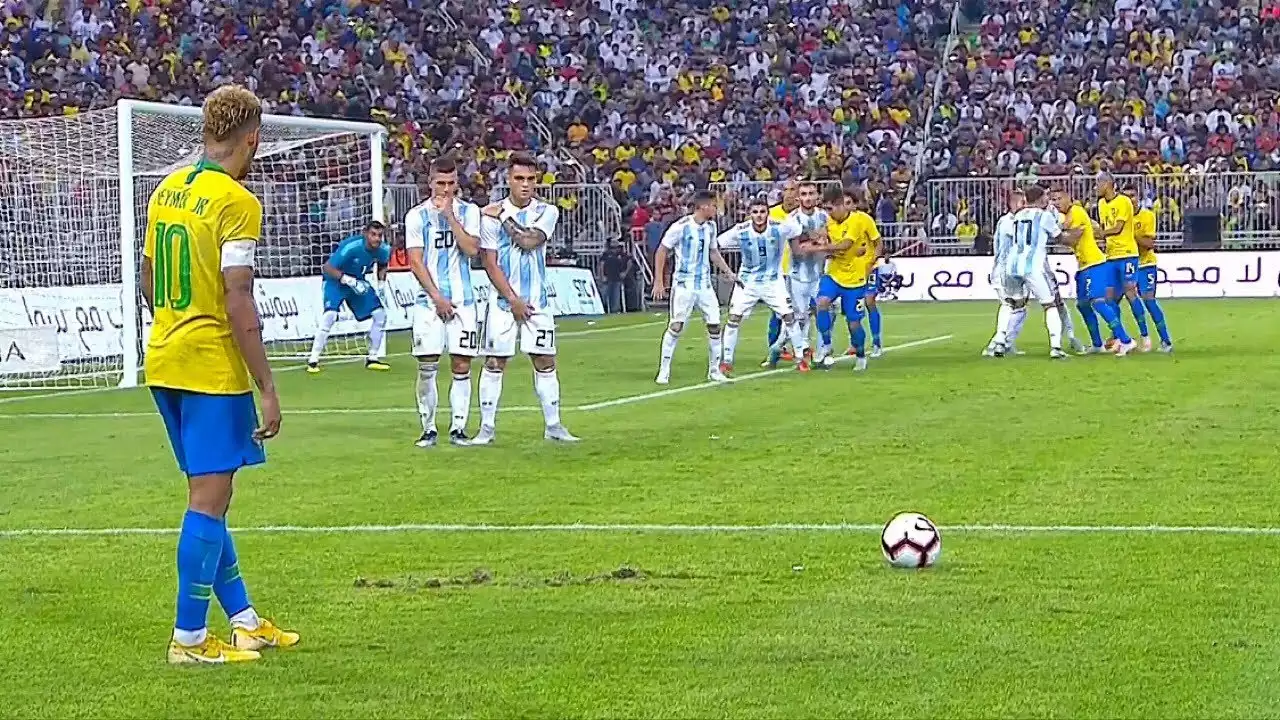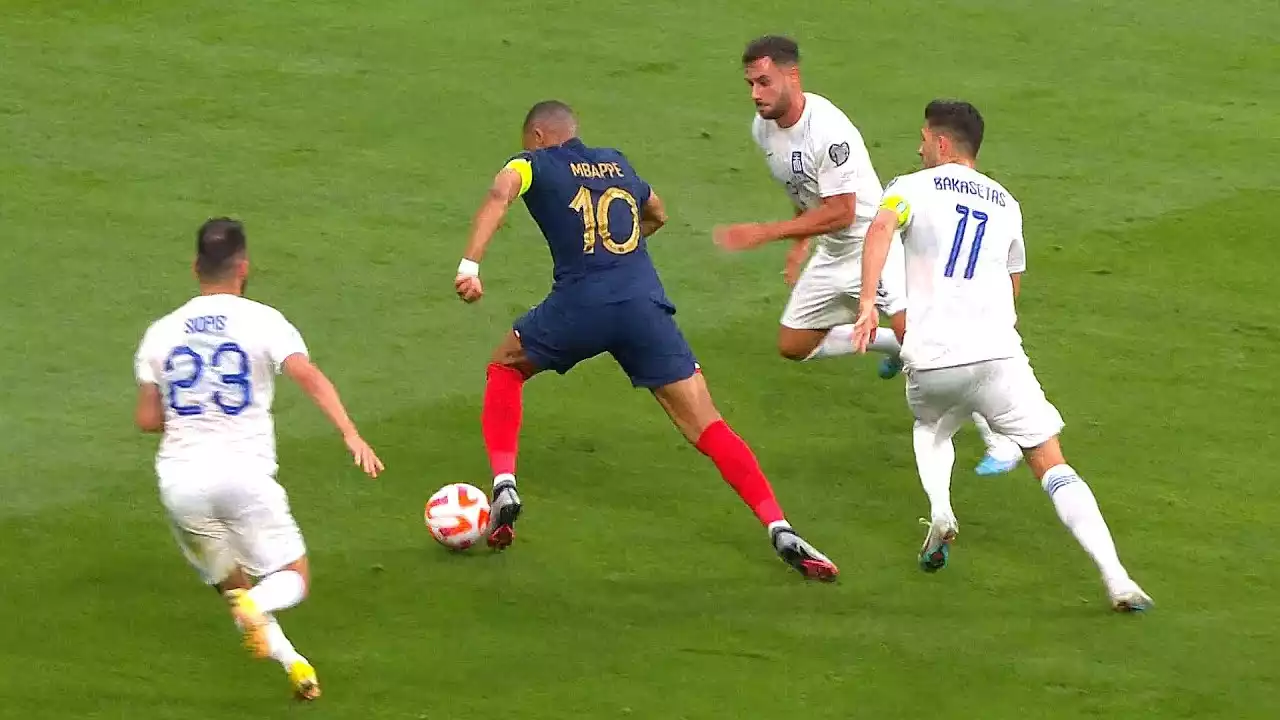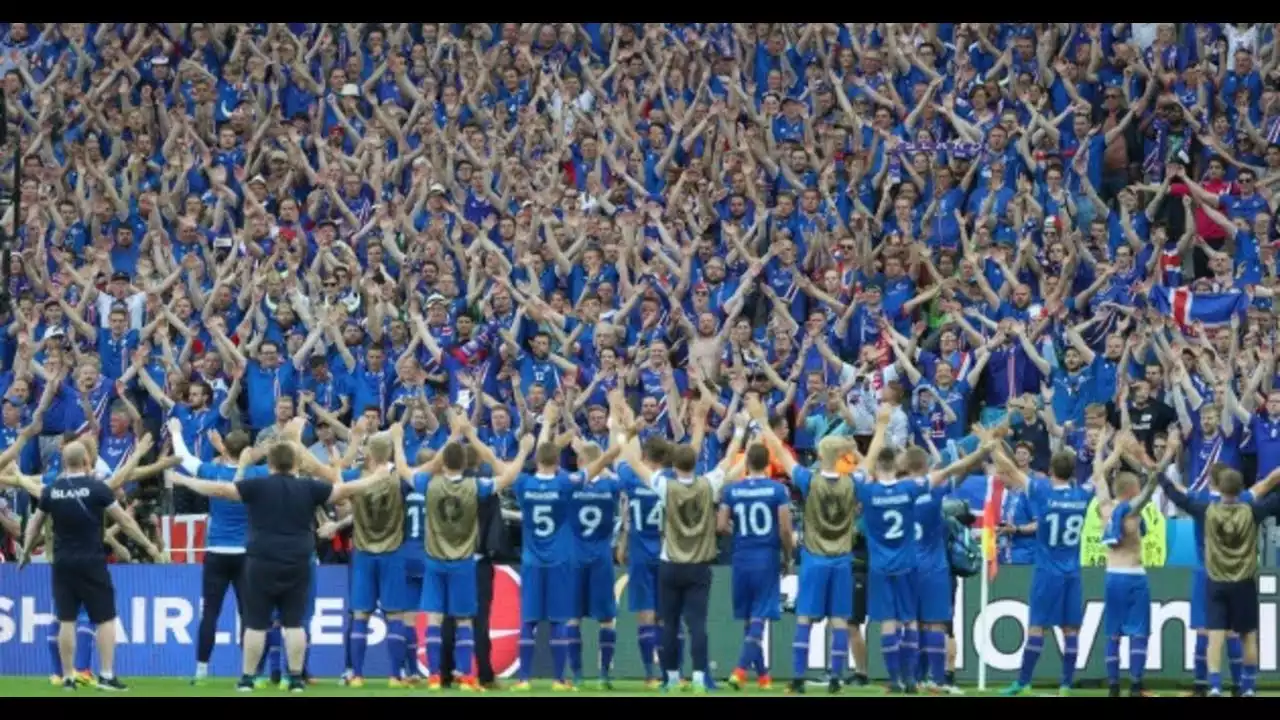Historical Overview of Olympic Football
Since its inception in 1900, Olympic football has been an integral part of the Games. It has provided a platform for nations to compete and showcase their footballing talent on an international stage. Over the years, Olympic football has witnessed remarkable moments and iconic players who have left a lasting impact on the sport.
The Importance of Olympic Football
Olympic football holds immense significance for both players and fans alike. For players, it allows them to represent their countries and compete against top-level talent from around the world. It serves as a stepping stone for young athletes to gain exposure and experience, opening doors to future opportunities in professional football.
For fans, Olympic football brings together the spirit of competition and national pride. It provides an opportunity to witness emerging talents and witness historic clashes between football powerhouses. The game transcends borders and unites people from different cultures and backgrounds, creating a sense of unity and camaraderie.
The Current Format and Rules of Olympic Football
Currently, Olympic football follows a format similar to that of the FIFA World Cup. The tournament consists of 16 teams divided into four groups. The top two teams from each group advance to the knockout stage, leading to the semi-finals and ultimately the gold medal match. The teams are composed of players under the age of 23, with three exceptions allowed for overage players.
The rules of Olympic football align with FIFA regulations, with minor modifications to suit the tournament's unique nature. However, there have been calls for changes to further enhance the competition and make it even more exciting.
The Proposed Changes for Olympic Football
1. Change 1: Technological Advancements
Technology will play a major role in improving the game of Olympic football. The implementation of VAR (Video Assistant Referee) and goal-line technology will help reduce human error and ensure fair play. VAR allows referees to review key decisions using video footage, enabling them to make more accurate calls. Goal-line technology, on the other hand, determines whether the ball has crossed the goal line, ensuring that goals are correctly awarded.
These advancements will not only enhance the accuracy of decision-making but also reduce controversies and provide a level playing field for all teams. Fans can expect a game with fewer contentious moments and more reliance on objective rulings.
2. Change 2: Increase in the Age Limit for Players
Another exciting change on the horizon is an increase in the age limit for players participating in Olympic football. Currently set at under 23, FIFA has proposed raising the age limit to under 24. This adjustment will allow teams to include more experienced players and create a balance between youth and maturity on the field.
By increasing the age limit, Olympic football will become an even more prestigious competition, attracting top talents who might have previously missed out due to the age restrictions. This change will heighten the quality of the matches and provide a more captivating viewing experience for fans.
3. Change 3: Expansion of the Tournament Format
To further expand the reach and inclusivity of Olympic football, there are plans to expand the tournament format from 16 teams to 24 teams. This change will provide more countries with the opportunity to participate and showcase their footballing talent on a global stage.
Expanding the tournament will not only increase the level of competition but also promote the development of football in nations that previously had limited exposure. It will create a more diverse playing field, allowing smaller nations to compete with established football powerhouses, thereby fostering growth and innovation in the sport.
The Potential Impact of These Changes on Olympic Football
The proposed changes in Olympic football have the potential to revolutionize the sport. The incorporation of technological advancements will ensure fair play and increase the accuracy of decisions, providing a more transparent and enjoyable experience for players and fans alike.
The increase in the age limit for players will introduce a new dynamic to the competition, allowing for a blend of youthful exuberance and seasoned expertise. This change will raise the overall quality of the matches and create a more competitive environment.
Expanding the tournament format will not only give more countries the chance to participate but also inspire a new generation of footballers. It will provide a platform for nations to showcase their talent and strengthen the bonds between countries through the universal language of football.
In conclusion, the evolution of Olympic football promises to take the beautiful game to new and exciting heights. From increased fairness on the pitch to enhanced inclusivity and a wider pool of talent, these changes will revolutionize the sport. Get ready for a football spectacle like no other as the future of Olympic football unfolds. Brace yourself for innovation, exhilaration, and unparalleled excitement as the world witnesses the evolution of Olympic football.









